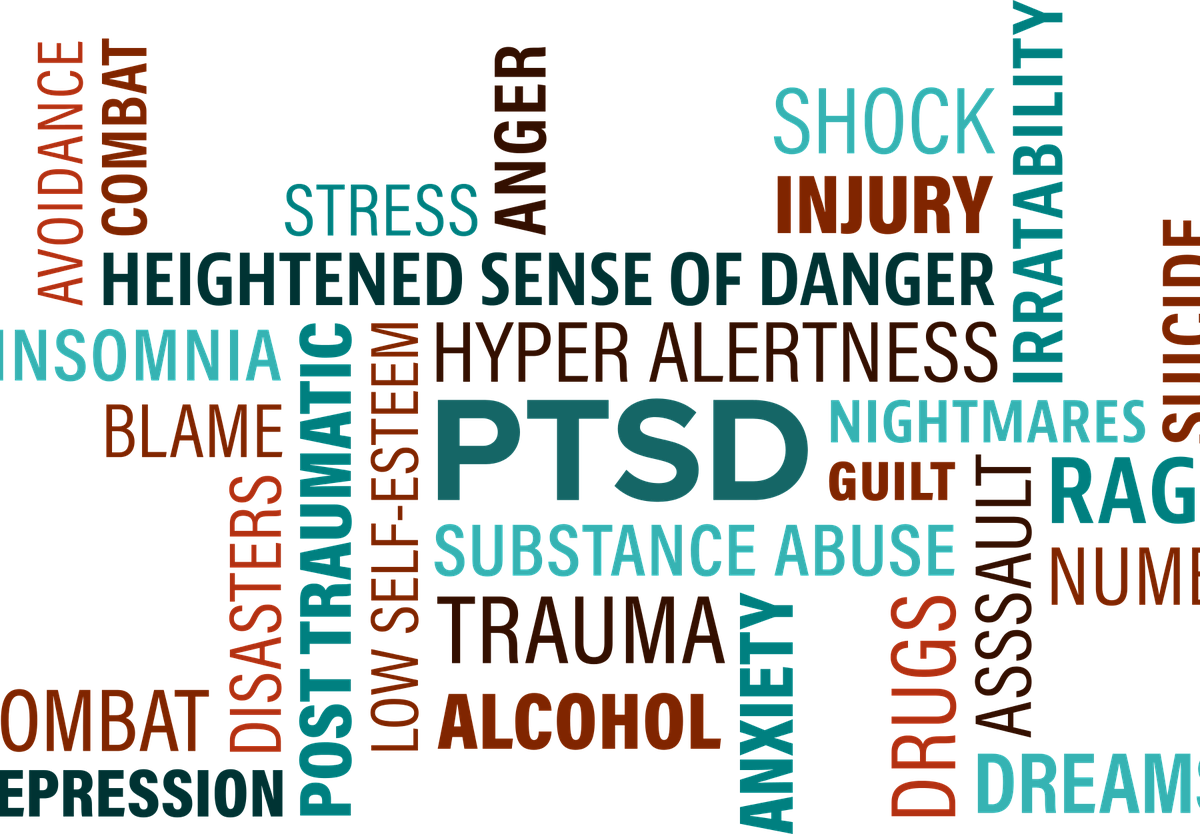Introduction
Post-Traumatic Stress Disorder (PTSD) is a mental health condition and the challenge not only affects the individuals directly experiencing trauma but also has a significant impact on their loved ones. This article provides a comprehensive understanding of PTSD, explores the emotional, social, and physical impact on both individuals with PTSD and their support networks, and offers practical guidance for supporting healing and resilience.
Understanding PTSD: Symptoms, Causes, and Treatment
PTSD manifests through various symptoms grouped into clusters: intrusive thoughts, avoidance behavior, negative changes in mood and cognition, and hyperarousal. While the causes of PTSD can vary, the severity of the trauma, a history of previous trauma, limited social support, and biological factors can increase the risk. However, effective this are treatment options are available. Psychotherapy, such as cognitive-behavioral therapy (CBT) and eye movement desensitization and reprocessing (EMDR), has shown positive results. Medications, support groups, and self-care practices also play crucial roles in the recovery process.
The Impact of PTSD: Emotional Toll, Social Implications, and Physical Health Challenges
PTSD takes an immense emotional toll on individuals, characterized by fear, anxiety, guilt, and anger. Survivors may experience social difficulties, including withdrawal, isolation, and strained relationships with loved ones. The condition can also lead to physical health challenges such as sleep disturbances, fatigue, and increased vulnerability to other health conditions. Recognizing the emotional, social, and physical impact of PTSD is essential for providing empathetic support and fostering healing.
Supporting Loved Ones with PTSD: Creating a Safe Environment, Active Listening, and Encouraging Self-Care
Supporting someone with PTSD involves creating a safe and non-judgmental environment where open communication is encouraged. Active listening, empathy, and validation are key to fostering understanding and trust. Educating oneself about available resources, such as therapy options and support groups, is crucial for guiding individuals toward appropriate help. Encouraging self-care practices, coping strategies, and seeking support for oneself are vital components in the journey of supporting someone with PTSD.
CONCLUSION
CONSEQUENCES OF PSYCHOLOGICAL TRAUMA
Post-Traumatic Stress Disorder (PTSD) is a mental health condition that affects individuals directly by experiencing trauma which has a significant impact on them. PTSD manifests through intrusive thoughts, avoidance behavior, negative changes in mood and cognition, and hyperarousal.
The causes of PTSD are the severity of the trauma, a history of previous trauma, limited social support, and biological factors. Treatment for PTSD includes Psychotherapy such as cognitive-behavioral therapy (CBT) and eye movement desensitization and reprocessing (EMDR), medications, and self-care.
Individuals with PTSD experience intense fear, anxiety, guilt, anger, social difficulties and social withdrawal, and isolation. They may also face other physical changes such as sleep disturbances, fatigue, and increased vulnerability to other health conditions. Supporting them and providing them empathetic support help them to heal.
Related Articles:
ADHD – Navigating the Complexities from Childhood to Adulthood
PTSD Unveiled – Navigating, Supporting, and Healing Together
Panic Disorders Unveiled – Understanding, Coping, Thriving
Social Phobias – Navigating Anxiety with Empowerment
Generalized Anxiety Disorders – Understanding and Overcoming



